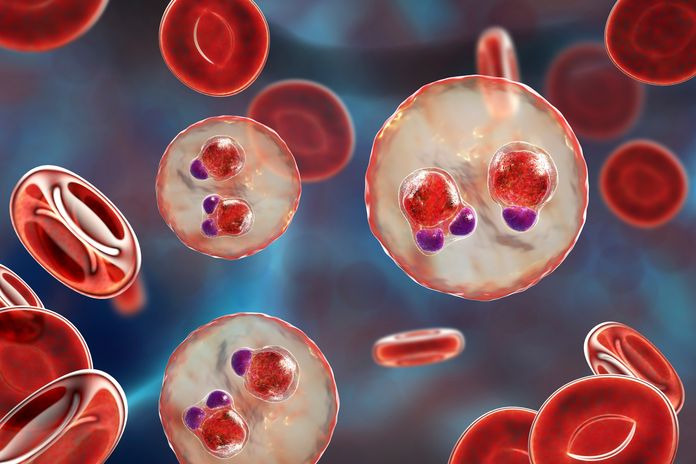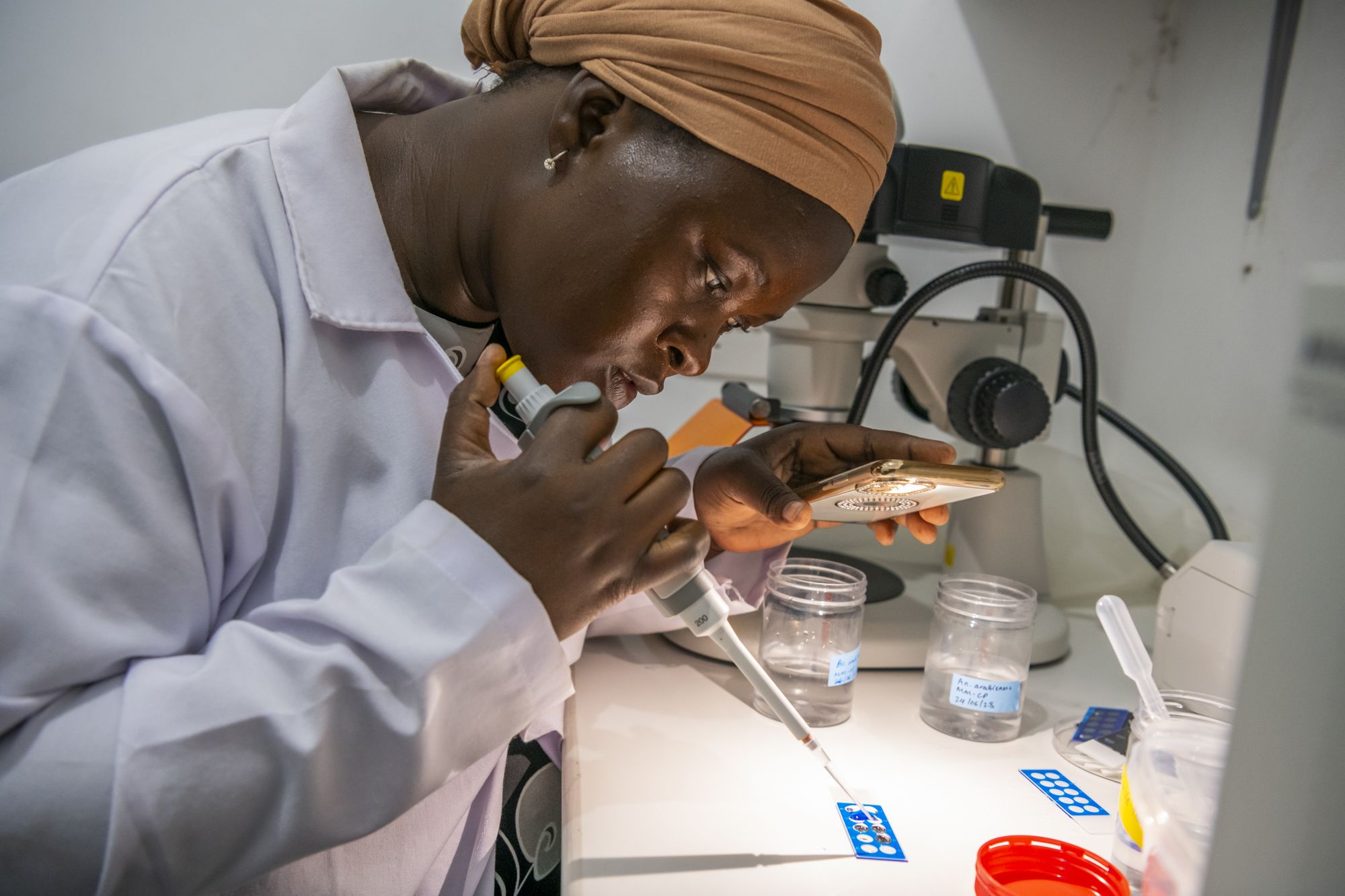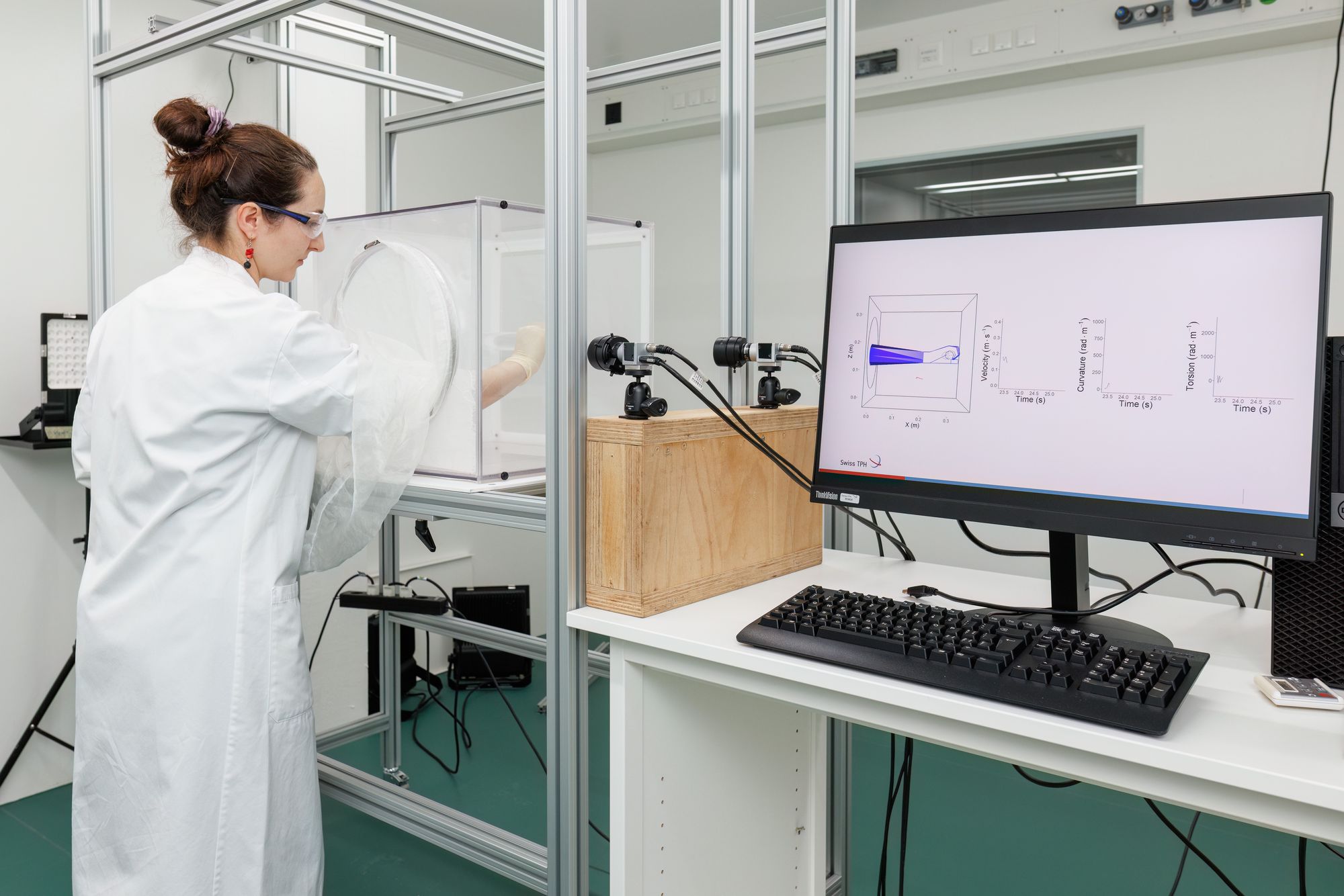
In today’s interconnected world marked by complex challenges, looking back serves as a compass for charting the way forward. As we celebrate the 80th anniversary of the Swiss Tropical and Public Health Institute (Swiss TPH), it is an opportune moment to reflect on our journey. Join me as I delve into one notable aspect of our history: the research and development (R&D) of new drugs for tropical diseases.
30 Years of R&D of Drugs for Tropical Diseases
“Drug discovery in an academic setting? Better leave it to the experts from the pharma industry!” Such reproach is often heard and frequently justified. However, in the case of neglected tropical diseases (e.g. human African trypanosomiasis and schistosomiasis) and other infectious diseases of poverty (e.g. malaria and tuberculosis), there was no choice. As their name implies, neglected tropical diseases and infectious diseases of poverty do not represent markets and lack strong lobbies. The patients are not paying customers, and thus – in spite of the high global need for new treatments – the drug pipelines at the turn of the millennium were drained.
Swiss TPH’s contribution to R&D over the past 30 years is noteworthy. Amid challenges in neglected tropical diseases and infectious diseases of poverty, Swiss TPH’s academic drug discovery expertise emerged as a game-changer. By collaborating with partners, including Novartis, Medicines for Malaria Venture (MMV) and Drugs for Neglected Diseases initiative (DNDi), Swiss TPH played a vital role in public-private consortia and product development partnerships (PDPs) addressing unmet medical needs.

A detailed analysis of drug R&D for the period 1975–1999 revealed that among the 1,393 new chemical entities that had obtained market approval, only 16 products (1.2%) had a specific application for tropical diseases or tuberculosis (Trouiller et al. 2002). Recognising the empty drug pipelines, coupled with a deficient market, a lack of innovative funding mechanisms and the considerable global burden posed by tropical diseases, a sea change occurred.
First, the United Nations endorsed a global development agenda that pursued eight Millennium Development Goals (MDGs) in the period 2000–2015. Importantly, three of the eight MDGs pertained to health, and MDG 6 aimed at combating HIV/AIDS, malaria and neglected diseases.
Second, there was a significant increase in development assistance to the health sector, starting at around 1994 after the release of a landmark publication by the World Bank entitled ‘Investing in health’. Increased funding was observed until about 2015, mainly through the United States, United Kingdom, Germany and other high-income countries, as well as the Bill & Melinda Gates Foundation and other private philanthropy and cooperate donations.
The game changer were PDPs, such as MMV and DNDi, which were established in the late 1990s/early 2000s. In this setting, Swiss TPH proved its expertise in academic drug discovery. By repurposing know-how from medical parasitology, clinical research and mathematical modelling, Swiss TPH became a hub for R&D and remains an indispensable player in public-private drug discovery consortia for neglected tropical diseases and other infectious diseases of poverty.

"Know thy enemy and know yourself” (Sun Tzu, 6th century BC)"
A deep understanding of the pathogen as well as the patient has been crucial for the success of Swiss TPH in drug R&D. By combining expertise in infection biology with epidemiological and clinical know-how in the context of disease systems, Swiss TPH and its network of partners have enabled the development of new therapies for tropical diseases like malaria, schistosomiasis, and human African trypanosomiasis, making strides towards improving the health and well-being of people worldwide.